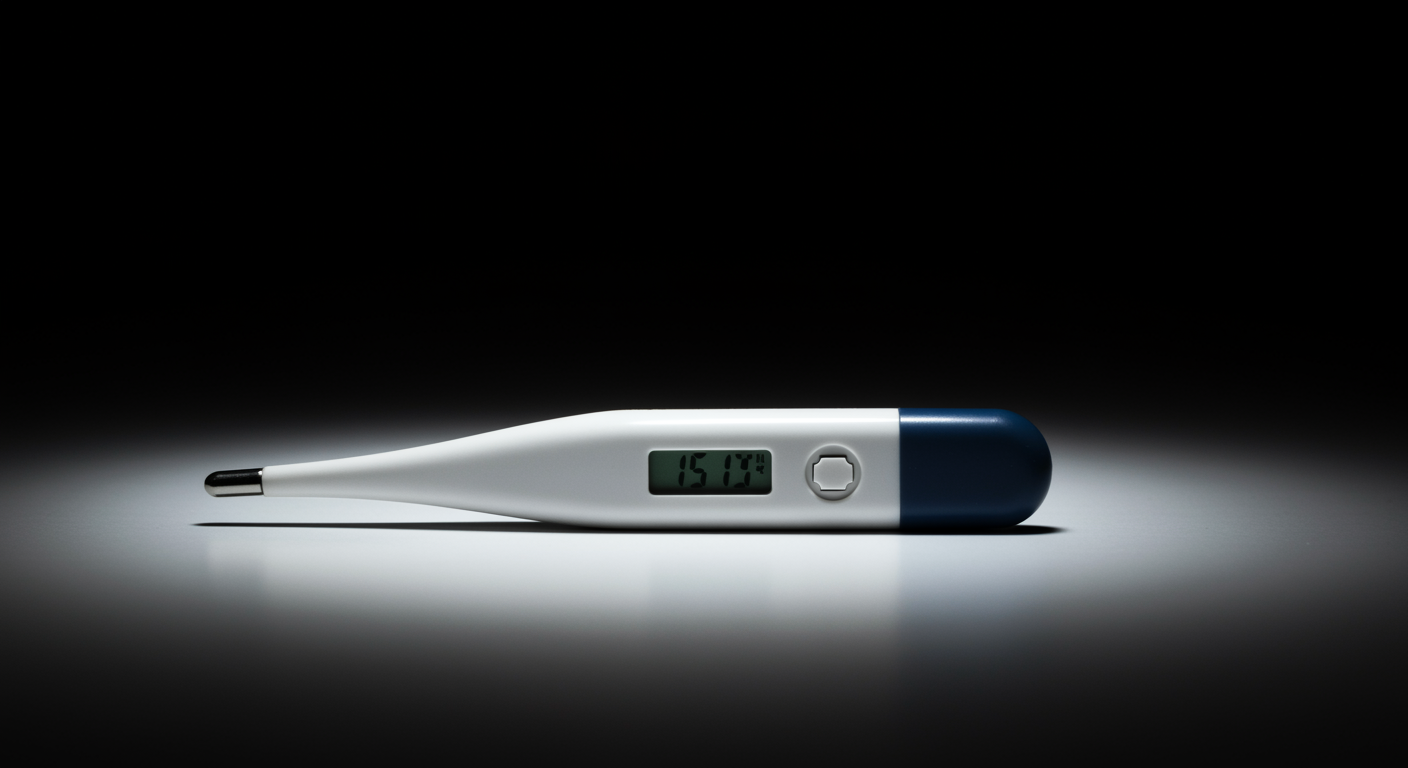Why Does Menopause Make Temperature Control So Difficult?
Menopause disrupts the body’s temperature regulation system by affecting estrogen’s role in the hypothalamus, the brain’s thermostat. Declining estrogen narrows the thermoneutral zone (the temperature range where you feel comfortable), making women more sensitive to small temperature changes and triggering hot flashes and night sweats even with minor fluctuations.
Dr. Kumar’s Take
Hot flashes aren’t just uncomfortable; they’re a sign that your body’s entire temperature regulation system has been thrown off balance by hormonal changes. Understanding this helps explain why some women feel freezing one minute and burning up the next during perimenopause and menopause. The good news is that hormone therapy can often restore normal temperature regulation by addressing the underlying estrogen deficiency that’s causing the problem.
What the Research Shows
Studies demonstrate that estrogen plays a crucial role in maintaining the thermoneutral zone, which shrinks from about 4°C in premenopausal women to less than 1°C during menopause. This means even tiny temperature changes can trigger vasomotor symptoms. Hot flashes occur when the hypothalamus mistakenly perceives the body as overheated and initiates cooling responses including vasodilation, sweating, and increased heart rate. The frequency and severity of these symptoms correlate directly with estrogen levels.
How This Works (Biological Rationale)
Estrogen receptors in the hypothalamus help regulate the body’s temperature set point and the width of the thermoneutral zone. When estrogen levels decline, the hypothalamus becomes hypersensitive to temperature changes. Even a 0.5°C increase in core body temperature can trigger a hot flash in menopausal women, compared to the 1-2°C change required in premenopausal women. Estrogen also affects blood vessel function and neurotransmitters like serotonin and norepinephrine that influence temperature regulation.
Practical Takeaways
- Understand that temperature sensitivity during menopause is due to a narrowed thermoneutral zone, not just “getting older”
- Consider hormone therapy as an effective treatment for severe hot flashes and temperature regulation problems
- Use layered clothing and environmental controls to help manage temperature fluctuations
- Know that hot flashes often improve with estrogen replacement, which can restore normal temperature regulation
- Recognize that night sweats and sleep disruption from temperature changes can be effectively treated
- Avoid common triggers like spicy foods, alcohol, caffeine, and stress when possible
What This Means for Perimenopause and Menopause Care
Understanding the biological basis of temperature regulation problems validates that hot flashes and night sweats are real medical symptoms, not just something women need to “tough out.” This knowledge supports the use of hormone therapy as an effective treatment for vasomotor symptoms rather than dismissing them as a normal part of aging that doesn’t require intervention.
Related Studies and Research
Episode 31: Depression Explained — The Biology Behind the Darkness
Episode 32: Depression Recovery Roadmap: A Step-by-Step, Evidence-Based Plan
Perimenopausal depression: review of recent findings and implications for future research
Association of Menopausal Hormone Therapy With Breast Cancer Incidence and Mortality
Episode 27: Perimenopause, Menopause, and HRT - What Every Woman Should Know
FAQs
Why do I feel cold and hot at the same time during menopause?
Your thermoneutral zone has narrowed due to declining estrogen, making you more sensitive to small temperature changes. Your body may overreact to minor fluctuations, causing rapid shifts between feeling too hot and too cold.
Will hormone therapy help with my hot flashes and temperature problems?
Yes, hormone therapy is highly effective for vasomotor symptoms, with studies showing 75-90% reduction in hot flash frequency and severity by restoring estrogen levels and normalizing temperature regulation.
Are there non-hormonal options for managing temperature regulation problems?
While lifestyle modifications can help, they’re often insufficient for severe symptoms. Some non-hormonal medications like certain antidepressants may provide modest relief, but hormone therapy remains the most effective treatment.
Bottom Line
Menopause disrupts temperature regulation by narrowing the thermoneutral zone and making the hypothalamus hypersensitive to temperature changes. Understanding this biological mechanism helps explain why hot flashes occur and supports hormone therapy as an effective treatment for restoring normal temperature control.


